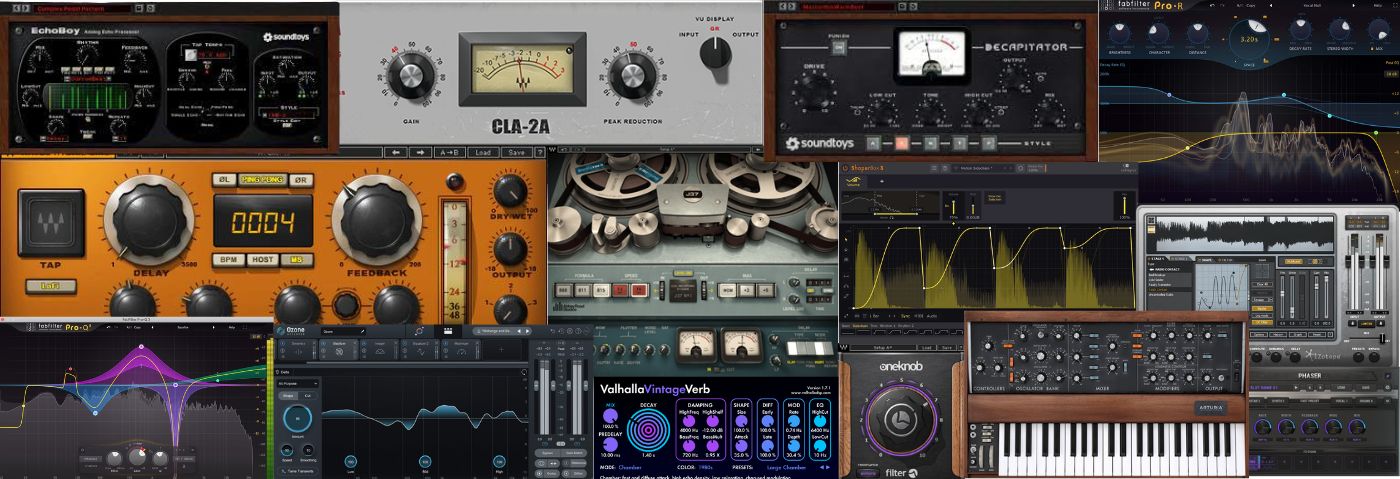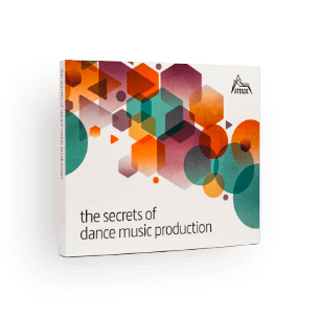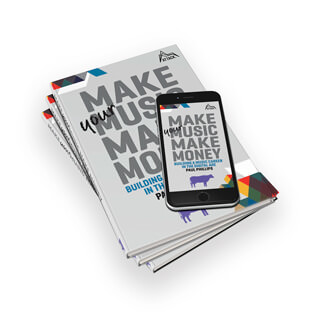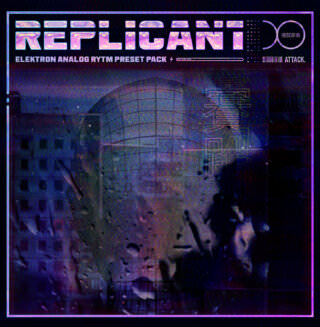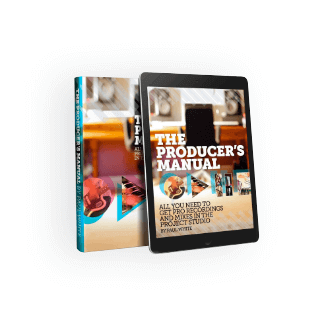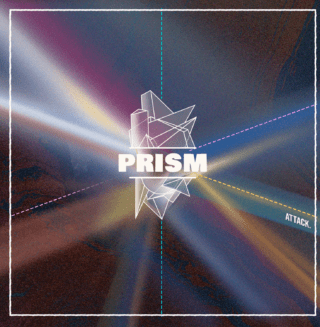The plugin market is massive. How can we be expected to buy everything?
There are too many plugins. Recently I upgraded my operating system and as part of that, my DAW had to rescan all of the plugins in my computer. There were something like 750 to scan, and that was just the AU plugins. Granted, I’m a music technology journalist and often get plugins for review and tutorial purposes but I do also buy my own, and then there are freebies. This isn’t even counting DAWs, standalone pieces of software, Kontakt instruments, and sample packs. I thought about maybe culling some that I don’t use but there are so many, it’s intimidating just thinking about doing it.
Why are there so many plugins on the market? Music production may be the only creative art with this much variety. I could be wrong, but are there painters with hundreds and hundreds of pots of paint and brushes in their studios? Do photographers keep closets full of lenses and cameras? While I’m sure they like to have a variety of tools at their disposal, I’d wager it’s nothing close to what we indulge in.
There Are A Lot Of Plugins
By all accounts, the music production market is doing very well. While a major contributor to the strength of the market is the professional sector, the number of semi-professionals and hobbyists making music with software increased dramatically over the last decade. This likely has resulted in more plugins coming to market. It’s hard to get a handle on how many are being released as there are so many but a quick search on KVR reveals a list with over 20.6 thousand individual products (this also includes sound packs, Kontakt instruments, etc.).
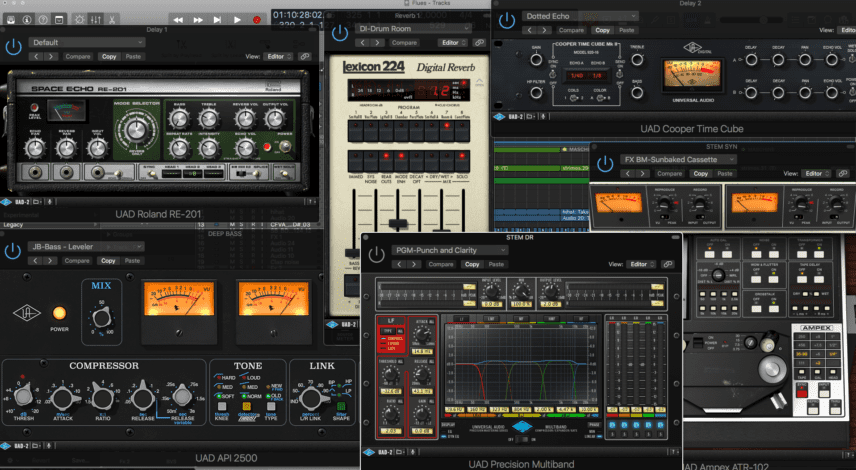
More plugins also point to more developers. According to industry blog Integraudio, “The last decade saw an enormous increase in musicians and editors working with audio production software. That has resulted in people discovering new ideas and understanding the limitations of the plugins and tools currently available. Hence, more and more people are developing new plugins, emulating classic gear, etc.”
How many? Again, that’s hard to say, but a glance at the developer page on KVR shows a seemingly endless number of outfits. And they’re all making plugins.
It looks like the market can support continued growth – at least for a few more years. But is this necessarily healthy? And ultimately, is it sustainable?
Too Many Duplicate Plugins
Steinberg introduced the VST format in 1996 with the rollout of Cubase 3.02. In 1999, they added VSTi instruments. One of the first was Model-E, a monophonic virtual analogue synth based on Moog’s Minimoog Model D. A few years later, in 2004, Arturia released their own version of the classic synth, the Minimoog V. Now, emulating the Minimoog is practically an industry in itself, with high-profile soundalikes from many developers, including Softube, Cherry Audio and Moog itself.
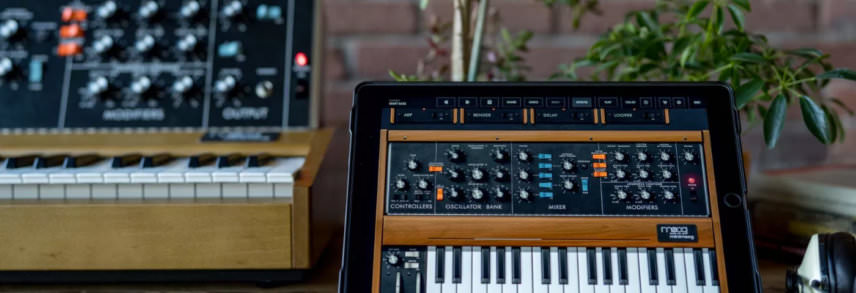
Emulating hardware is a big part of the plugin industry. From instruments like synths and drum machines to classic outboard effects and mixing consoles, if it exists it’s likely been digitized. And not just one time but countless times. It makes sense. There are only so many types of vintage compressors and EQs in the world. If you want to release a FET-style compressor you’re going to be emulating the Urei 1176 Peak Limiter (or one of its hardware clones – it’s an issue in the hardware world too).
Does the world really need so many emulations of the same hardware though? Ideally, you would find the best-sounding version, buy it, and never get another. But I suspect that’s not what’s happening. Companies wouldn’t keep making them if people weren’t buying them, so we must all have multiple instances of the same instrument and effects on our hard drives.
Too Many ‘Smart’ Plugins
Music production is hard, truly. It’s not only hard, it’s hard in a number of very different ways. Back when there was actually money to be made from music, a studio would employ a lot of specialists. There was the songwriter to compose the music, an engineer to set everything up and record the music, the producer, often a programmer for tweaking synths and banging out drum machine beats, the mastering engineer, and then there were the musicians and singers themselves. These days, we generally have to do all of this ourselves. That’s a lot of skills to get proficient at.
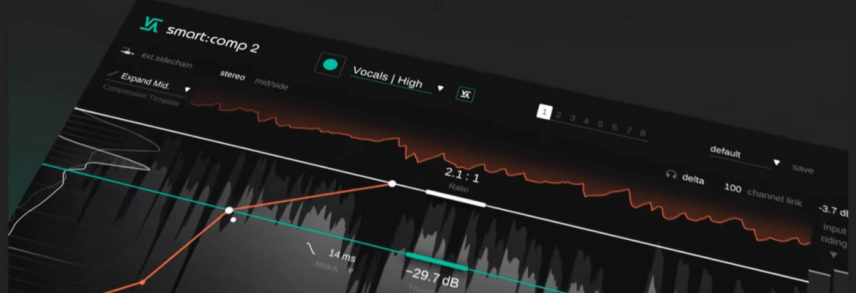
With so many new people entering music production, it’s no wonder that we’re asking AI-assisted plugins to do some of the heavy lifting. Music production schools are expensive and time-consuming. Using AI-equipped mixing and composition helpers is a much quicker (and cheaper) alternative.
However, if you rely too much on an assistant (virtual or otherwise), you won’t really learn how to do it yourself. I’m not saying these so-called ‘smart’ plugins aren’t useful or worthwhile, they definitely can be. But they’re not foolproof and if you rely on them entirely without learning what they’re doing you won’t progress beyond hitting the Learn button and moving on. Don’t become a passive observer of the creation of your own art.
Too Many ‘Fast’ Plugins
Related to smart plugins are ones that claim to work faster than others. “Finish your song in half the time!” These plugins sometimes use AI (but not exclusively) and often have far fewer controls than standard plugins. They also usually do more under the hood, offering what are essentially macros with pre-determined effects combinations happening unseen. The rise of the one knob-style plugin is indicative of this.
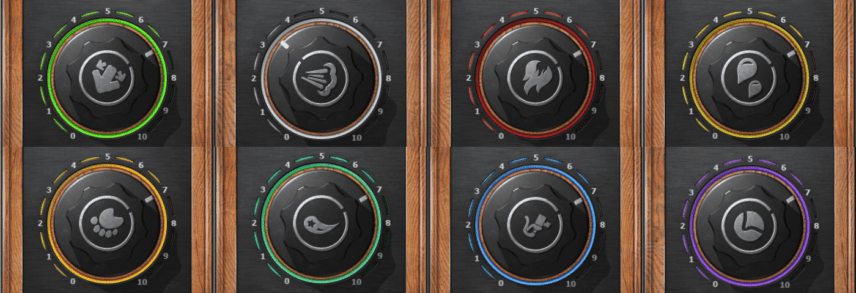
I get that these are attractive for beginners who might not understand how effect parameters work but still want some good-sounding results. They can also be useful. I admit that I’ve slapped a one-knob plugin on a riser or two in my time. However, the fact that there are so many out there says to me that there are a lot of people not willing to put in the time to learn their craft.
Learning things is hard, I get that. Why the need to rush through the creative process though? If you dislike the experience so much that you want to get it over with as soon as possible, perhaps you’d be better off trying a different creative path.
More Originality, Please
Developing plugins can be expensive. According to Integraudio, in an article aimed at those looking to break into the development business, there are a lot of things to pay for when making an effect or instrument plugin. Aside from the time it takes to code the plugin as well as any business overhead, there’s promotion, hiring of artists and sound designers to make presets, promotion, and loss of revenue to piracy, not to mention initial costs like schooling, equipment, etc. After such a large outlay, you’d hope that you could turn a profit. And while the overall market is trending upward, you still have to create a product that people want to buy.
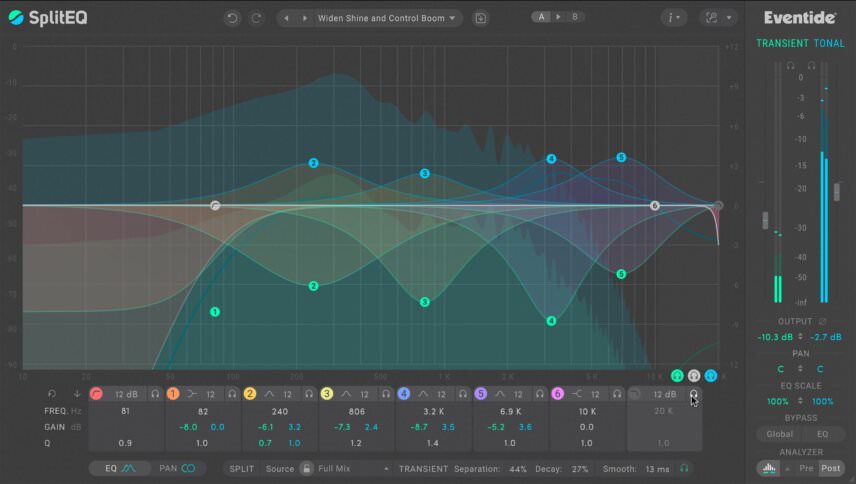
While making emulations of well-known gear or newbie-friendly plugins is one way, another way is originality. Integraudio recommends this as well: “You’ll want to present something new and unseen to give your plugin a better chance to succeed.”
You don’t need to reinvent the wheel, however. Not every plugin needs to be some crazy new thing. But yet another Pultec EQ isn’t going to set the world on fire either, especially when there are so many companies giving these kinds of plugins away for free.
You Don’t Have To Buy Every Plugin
The pressure for musicians and producers to buy more and more plugins is real. The YouTube videos. The targeted ads on social media. They all look so good. The problem is buying another plugin won’t significantly impact your music. That comes from practice, putting in the work and honing your craft.
While the market may be growing, with new people getting into music production all the time, at some point we’re going to hit a wall. How many plugins are we expected to buy?
Hint: you don’t have to buy them all. Owning too many plugins encourages you to use too many plugins in your music. This can lead to overcooking a mix. Look at the hardware studios of famous producers and mixing engineers. They generally don’t have lots of different compressors, EQs or even instruments. They have a few choice pieces that they know well and that sound great.
Plugins are amazing but owning too many can be too much of a good thing. Next time, instead of reaching for the credit card when you feel the urge to buy something new, open a plugin you haven’t used in a while and really see what it can do. Your music will be better for it.
